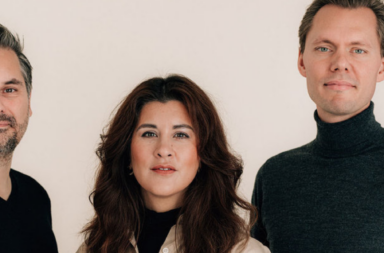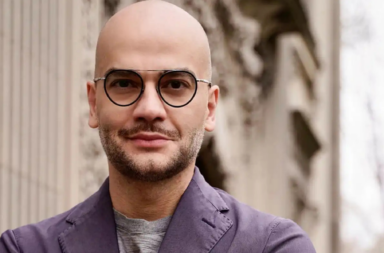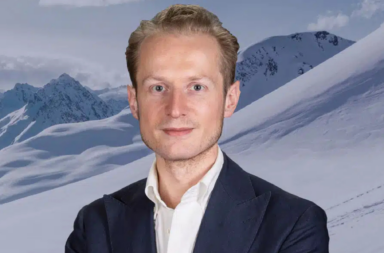Roskilde Festival is one of the largest festivals in Europe and it is also famous for giving various startups a platform to promote their services or products with the help of Custom Exhibition Stands, usually in favour of the environment.
One of the participating startups in 2018 was CarbonCloud. It is a Swedish food tech startup that has developed a calculator called the CarbonAte, that measures carbon emissions for production of each dish. The startup uses scientific data on the ingredients’ life cycle to do that. Initially the idea developed as a research project at Chalmers University of Technology.
The company, that has recently received a grant of €10 000 from the Swedish Exhibition and Congress Centre, is also a “graduate” of European Institute of Innovation and Technology’s accelerator for sustainable startups in EU, EIT Climate-KIC. The startup is fighting for the transition to a zero-carbon economy globally.
The collaboration with the Roskilde Festival let all visitors make smart environmentally-friendly choices when selecting a meal to eat in-between the performances. So, as a result, all 400 food options at the festival were marked with climate impact labels.
“We are very happy to collaborate with the Roskilde Festival. Music festivals are visited by lots of young people who are concerned about climate change and our future, and the goal is to expand our festival operation and climate label the food on many more festivals to come, in Sweden, Scandinavia and the rest of the world,” says David Bryngelsson, CEO of CarbonCloud, in a press release.
CarbonCloud believes that by visualising the climate footprint in, e.g. restaurants, it is easier for customers to think about sustainability of their meal and, thus, make smarter choices. According to the startup, in Europe there is a possibility of lowering the climate footprint by roughly 60 percent without any downside.
The festival paper @ Roskilde Festival is into climatemenus @orangefeeling @CKICNordic #carboncloud #greenups #chalmers pic.twitter.com/L92obR6uNW
— CarbonCloud (@Carbon_Cloud) July 4, 2018
Another startup to have taken part in making Roskilde Festival more sustainable was Flow Loop, a Copenhagen-based startup producing showers, which filter and recycle the dirty water, thus saving up to 85 percent of water and 75 percent of energy compared to a regular shower.
“Roskilde Festival is the perfect location for us to stress-test our system, because if the filtration and UV-purification of our shower panels can handle a week with hundreds of really dirty festival guests, then it can handle the worst case scenario in any standard bathroom,” says CEO and founder, Simon Kolff.
Flow Loop is also a participant of EIT Climate-KIC accelerator programme and has received €60 000 from Innovationsfonden.
Source: CarbonCloud and Flow Loop official web-pages.


